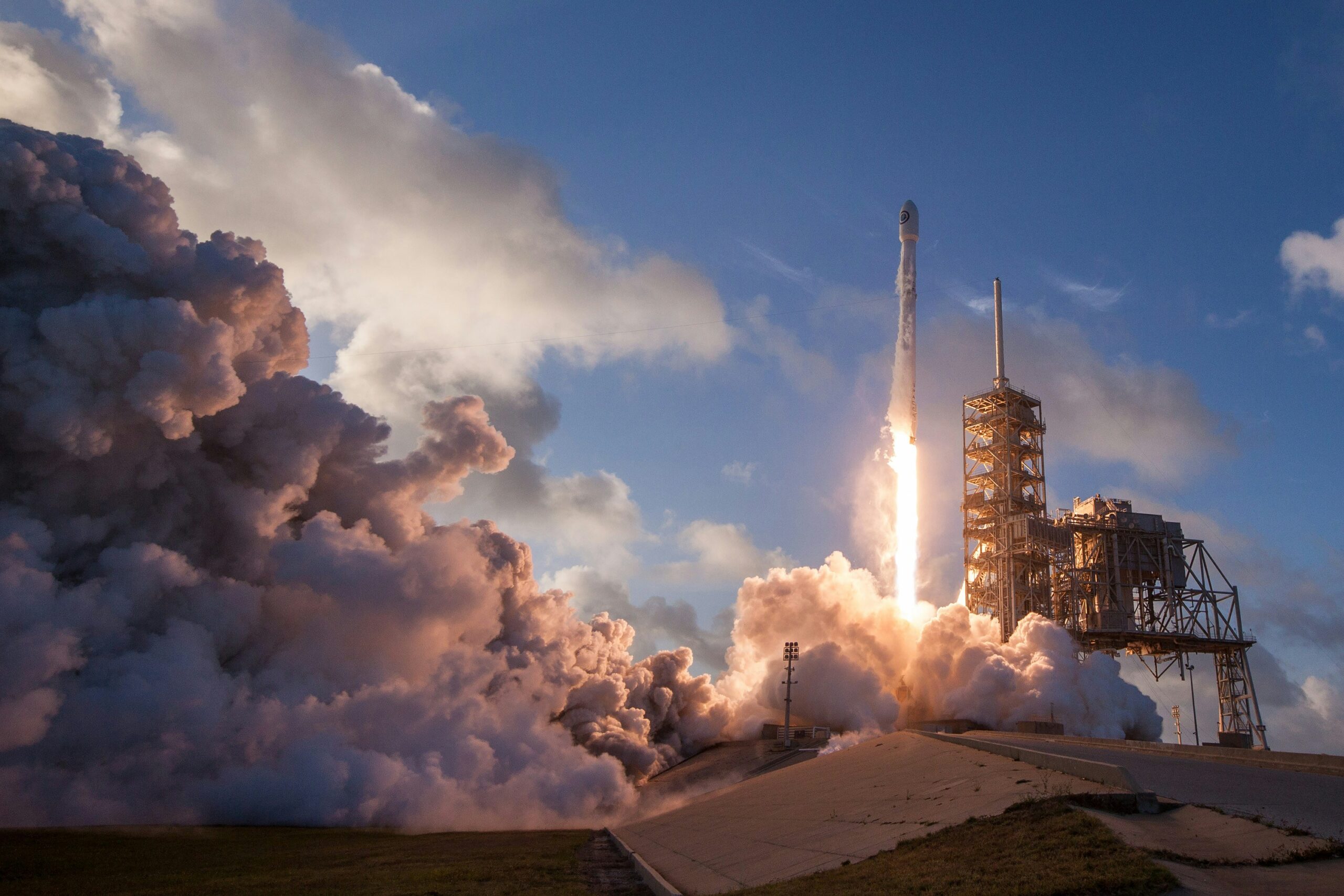
Kazakhstan aims to revive Baikonur spaceport
In a bid to reassert its role in the global space industry, Kazakhstan is moving to take greater control of the historic Baikonur Cosmodrome, the legendary launch site that was once the heart of the Soviet Union’s space program. The move, driven by geopolitical shifts and a desire to attract international partners, could transform the aging facility from a Russian-leased asset into a multilateral hub for a new era of space exploration.
For decades, Baikonur has existed in a unique state of limbo. Though located within sovereign Kazakh territory, it has been leased and operated by Russia since the collapse of the Soviet Union. This arrangement, which is set to run until 2050, has given Moscow a crucial gateway to space, particularly for crewed missions to the International Space Station (ISS). However, as Russia’s own space capabilities have faced challenges and as it shifts its focus to domestic launch sites, the future of Baikonur has come into question.
Kazakhstani officials, seeking to capitalize on this uncertainty, are pushing for a more active role. They have denied reports that Russia is planning to terminate the lease early, but they have also begun to reclaim key parts of the complex. This includes “Gagarin’s Start,” the famous launch pad from which Yuri Gagarin became the first human in space in 1961. The pad, which was decommissioned in 2019, is slated to be turned into a museum to boost tourism and preserve its historical significance.
The broader strategy, however, goes beyond heritage. Kazakhstan aims to attract foreign investment and become a hub for international cooperation. The nation has already begun to develop its own space complex, Baiterek, in a joint venture with Russia. While this project has faced delays and geopolitical hurdles, its purpose is to modernize the facility and prepare it for new-generation rockets, such as the Russian-built Soyuz-5.
The challenges are significant. Baikonur’s infrastructure is aged, and attracting international partners means navigating a complex geopolitical landscape. Russia’s continued presence and its tense relations with other nations, particularly since its invasion of Ukraine, complicate matters. Moscow has also been increasingly developing its own Vostochny Cosmodrome, signaling a long-term goal of reducing its reliance on Baikonur.
Despite these obstacles, Kazakhstan’s vision is clear: to leverage Baikonur’s legacy and strategic location to become a neutral, reliable platform for space launches. The country’s “multi-vector diplomacy,” which seeks to maintain balanced relations with global powers, could be a key asset in this effort. By offering a stable and collaborative environment, Kazakhstan hopes to secure a new and vital role for Baikonur in the rapidly evolving commercial and diplomatic space race. The historic cosmodrome may soon see a new generation of rockets, but this time, they may be launched under a new banner of international cooperation.

